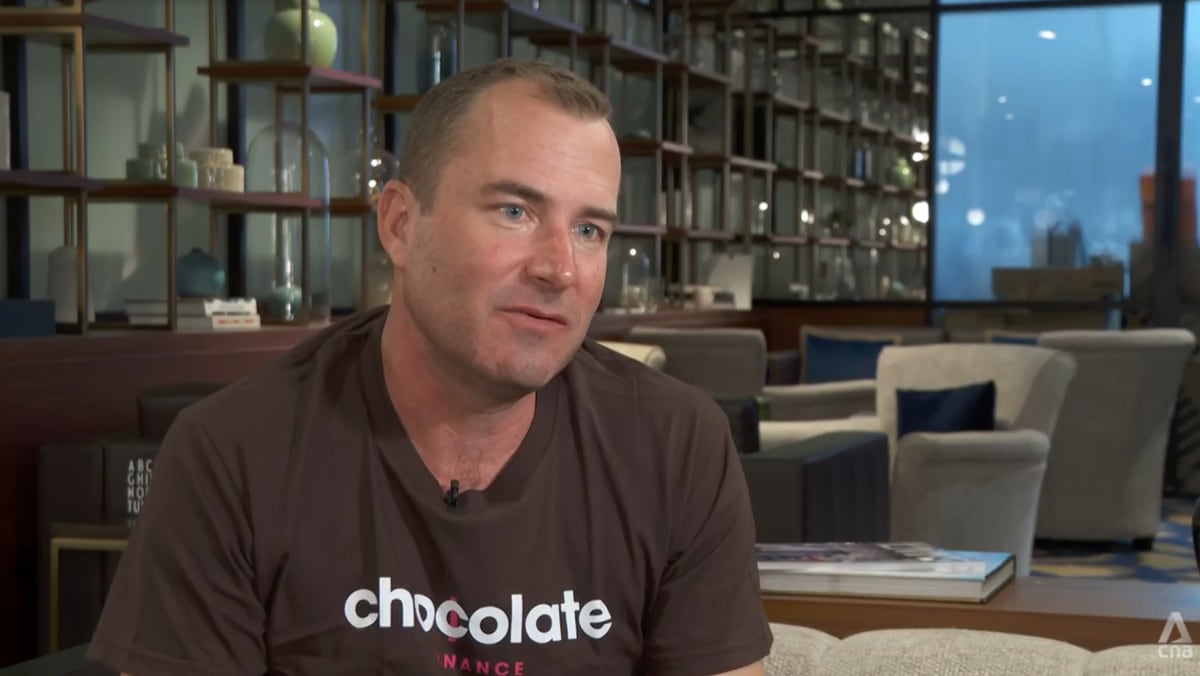Beyond the Balance Sheet: How a Seasoned CFO Successfully Steered into the COO Role

For over two decades, John Rettig has been a fixture in the world of strategic finance. He's seen the Chief Financial Officer (CFO) role evolve dramatically, expanding far beyond traditional number-crunching and reporting. Now, as President and COO of Bill, a leading finance software company, Rettig's career trajectory offers a compelling case study in adaptability and leadership – showcasing how a finance leader can successfully pivot to a broader operational role.
Rettig's journey isn't just about a job title change; it represents a significant shift in the expectations placed on finance executives. The modern CFO is no longer solely responsible for financial reporting; they are increasingly expected to be strategic advisors, driving business growth, and influencing operational decisions. This evolution has been fueled by factors like technological advancements, increased data availability, and a more complex global business landscape.
The Changing Face of the CFO
Rettig recalls a time when the CFO's primary focus was on historical data and compliance. “It was very backward-looking,” he explains. “We were reporting what had already happened.” Today, the role demands a forward-looking perspective. CFOs are expected to leverage data analytics, forecasting, and scenario planning to anticipate future challenges and opportunities. They must be able to translate complex financial information into actionable insights for the entire organization.
Building the Skills for Operational Leadership
So, what prepared Rettig for his transition to COO? It wasn’t just about financial acumen. It was about cultivating a broader understanding of the business, developing strong communication skills, and building relationships across different departments. He emphasizes the importance of actively seeking opportunities to collaborate with other teams – sales, marketing, product development – to gain a holistic view of the company's operations.
“You have to be curious,” Rettig says. “You have to ask questions, understand the challenges that other departments are facing, and look for ways to leverage financial expertise to help them succeed.” He also highlights the value of mentorship and networking, both within and outside of the finance function.
The COO Role: A Natural Extension
Rettig's experience at Bill demonstrates how a CFO’s skillset can seamlessly translate to the COO role. As COO, he’s responsible for overseeing the company's day-to-day operations, ensuring efficiency, and driving execution of the company's strategic goals. His financial background provides a unique advantage in this role, allowing him to identify cost-saving opportunities, optimize processes, and make data-driven decisions.
“The principles of financial management – efficiency, accountability, and continuous improvement – are just as relevant to operations,” Rettig notes. “It’s about applying those principles to a broader range of activities.”
Lessons for Aspiring Leaders
Rettig’s story offers valuable lessons for finance professionals who aspire to broader leadership roles. Embrace change, cultivate a growth mindset, and actively seek opportunities to expand your skillset. Don’t be afraid to step outside of your comfort zone and collaborate with other departments. By demonstrating a willingness to learn and adapt, you can position yourself for a successful career evolution, just like John Rettig.






